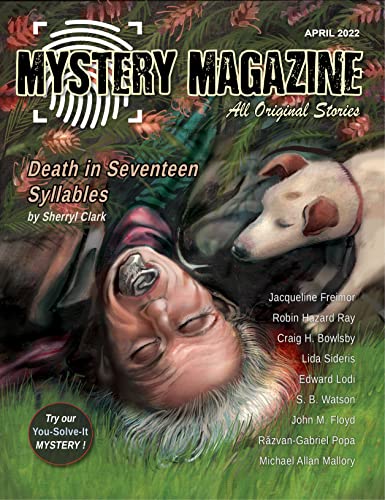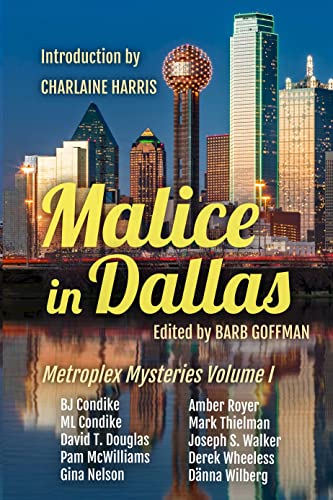"The Last of Their Line," by Robin Hazard Ray, in Mystery Magazine, April, 2022.
A nice historical story.
It's Boston, 1857. Sumner Bascomb is the superintendent of Mount Auburn Cemetery and he receives a letter from Thomas Damon, wishing to purchase a lot big enough to accommodate 24 bodies. He has decided to move all the remains of his family from the Trinity Church Burying Ground.
If that doesn't sound complicated enough, it turns out that Damon is not actually in charge of his family's estate. That privilege belongs to his sister, who lives in the same house as him, but they haven't spoke in twenty years.
A lot of family secrets here, with interesting motives...









